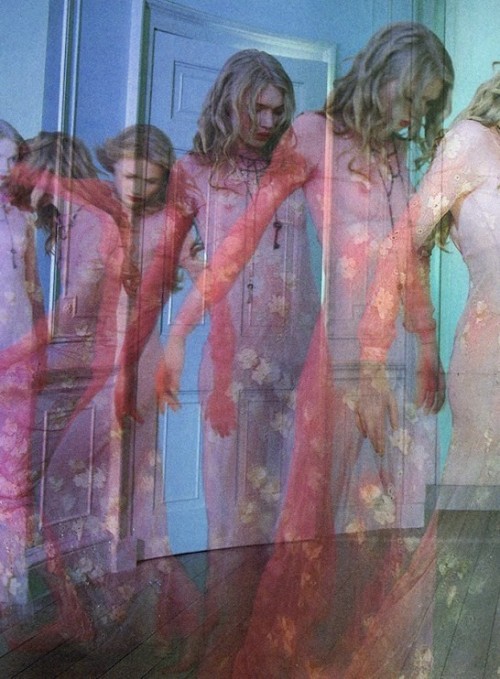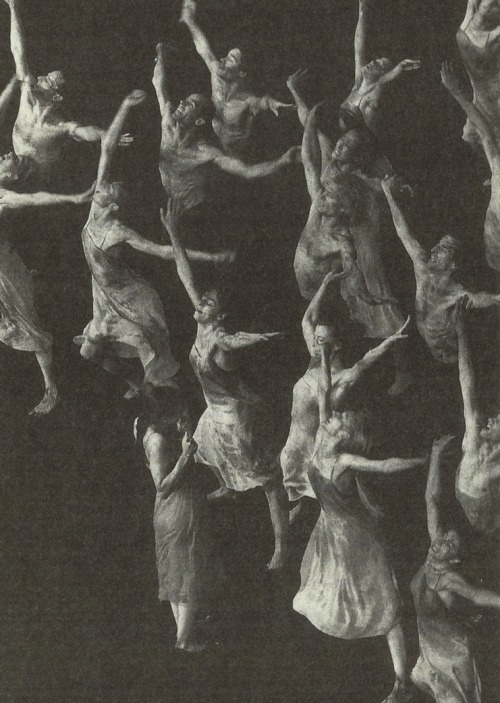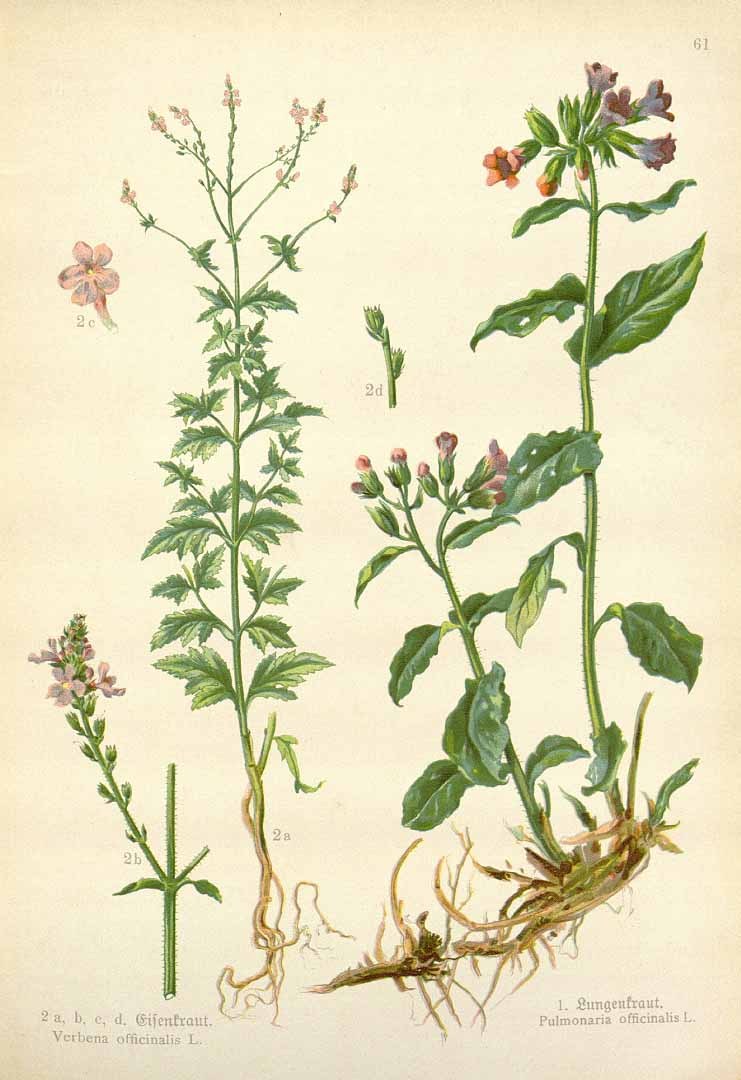“Dance is used in protest in many parts of the world.
In South Africa, dance and song has always been intrinsic to protesting for human rights – and is often led by women. Dance was considered the most performing rebellious/revolutionary act to display in front of the apartheid regime precisely because it said to them that no matter what they do they will never restrain the human spirit, the ability to dance and be.
Dance denotes a freedom of body, mind and soul.
It is both a celebratory and a rebellious act in that it speaks of a freedom of movement, a non-restricted relationship to body and is the … antithesis of an oppressed, restrained and violated body.
Dance is essentially non-patriarchal and it rebels against patriarchal control over the female body.
It is a misnomer to think of celebration as non-revolutionary. Celebration is the ultimate rebellious act in a world that is dictated to us by non-celebratory forces.
It is every women’s right to live in a celebratory world – one that celebrates her sexuality, her beauty, her wisdom, her body, her right to be orgasmic and free. To not recognize that urge is to remain in the clutches of the austere and patriarchal ethos.
To pooh pooh dance in protest also speaks of a western superiority as dance is used in protest in non-western culture naturally – why should we then not include it in a global movement?
Perhaps it is time for dissenters to consider what celebration and contemporary protest have in common, to wonder what such ritualized display of dissent may be able to do in a dynamic process of social change.
Dance, carnival and celebration has been used throughout history to destabilize restrictive leadership and government and it is destabilizing in that it cannot be contained or categorized as aggressive. This is not about women playing dance, it’s about revolution. You have the choice to rise, strike or dance.
Those who would like to dance should be free to do so!”
Gillian Schutte
“La danza se usa en muchas partes del mundo como protesta.
En Sudáfrica por ejemplo, danzar y cantar ha sido siempre intrínseco a la protesta por los derechos humanos, y a menudo, es algo liderado por mujeres.
Danzar denota un cuerpo, una mente y un alma libres.
Es un acto de celebración y rebelión a la vez que habla de libertad de movimiento, de una relación no restrictiva con el cuerpo y es la antítesis de un cuerpo oprimido, moderado y violado. Es esencialmente no-patriarcal y se revela contra el control patriarcal sobre los cuerpos de las mujeres.
Es erróneo pensar que la celebración no es revolucionaria. La celebración es el acto máximo de rebelión en un mundo que nos es dictado por fuerzas de la "no-celebración".
En Sudáfrica, de nuevo, danzar ha sido utilizado a menudo como un acto performativo rebelde y revolucionario frente al régimen del apartheid, precisamente porque les decía a las autoridades draconianas, que hicieran lo que hicieran no podrían aplacar el espíritu humano, la capacidad de danzar, de expresarse y de existir.
Toda mujer tiene el derecho a vivir en un mundo de celebración, que celebra su sexualidad, su belleza, su sabiduría, su cuerpo, su derecho a ser orgásmica y libre. Su derecho a no reconocer la obligatoriedad de permanecer entre las garras del espíritu patriarcal.
Además, negar la danza como modo de protesta también habla de la arrogancia occidental, puesto que la danza es a menudo utilizada como protesta en culturas no occidentales. ¿Por qué no incluirlas, pues, en un movimiento global?
Tal vez sea éste un buen momento para que los que no están de acuerdo se paren a considerar qué es lo que tienen en común la celebración y la protesta contemporánea, para que se pregunten cómo podría, semejante exhibición ritualizada de disidencia, participar en un proceso dinámico de cambio social.
La danza, el carnaval y la celebración han sido utilizados a través de la historia en muchas culturas del mundo para desestabilizar liderazgos restrictivos y crueles, y es des-estabilizando de este modo, cuando se produce una manifestación de desobediencia civil que no puede, ni contenerse, ni categorizarse como agresiva.
Esto no va de mujeres jugando a bailar. Esto va de una revolución.
Puedes elegir entre ponerte en pie, hacer huelga o danzar.
¡Aquellos que elijan danzar deberían ser libres para hacerlo!”
Gillian Schutte
Spanish translation from danzacorazonabierto.blogspot.com (modified)














.jpg2.jpg)